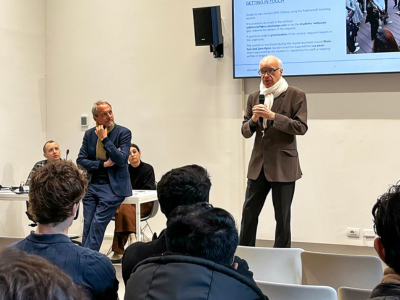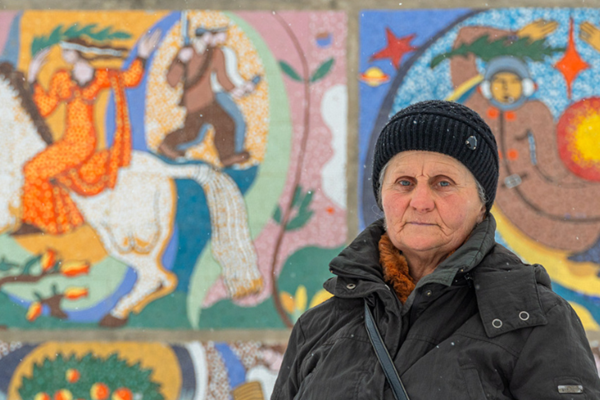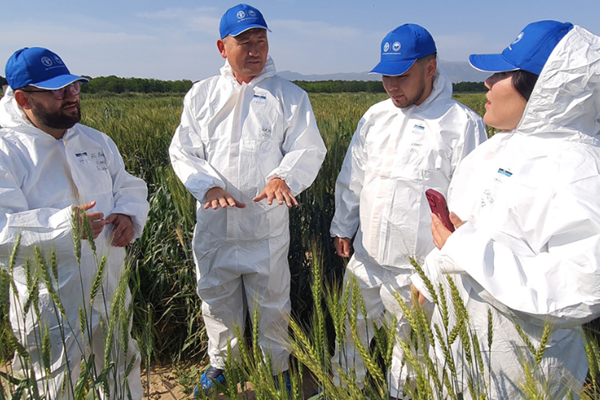Latest Stories
Latest News

Kamil Yıldız: A role model farmer for Earth Day
22/04/2025
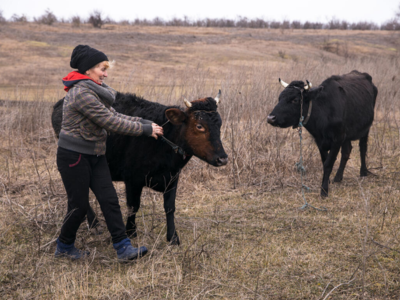
FAO launches a $150 million Emergency and Early Recovery Response Plan for Ukraine to support war-affected rural communities
17/04/2025
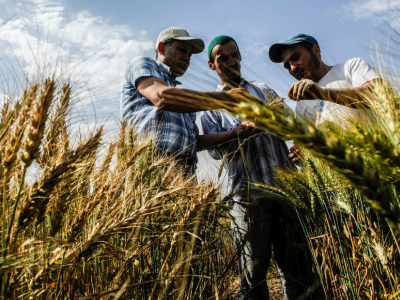
FAO support to Tajikistan’s cooperatives and rural development improves agricultural productivity
17/04/2025
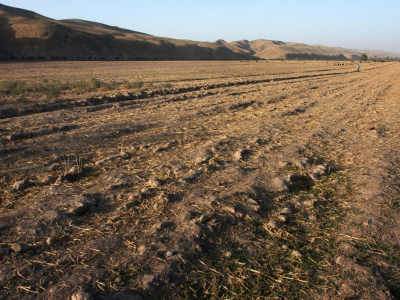
From farmers to government officials — everyone benefits from a digital land cadastre
15/04/2025
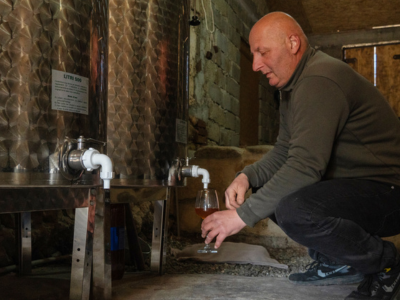
Endemic grape varieties attract agri-tourists
15/04/2025
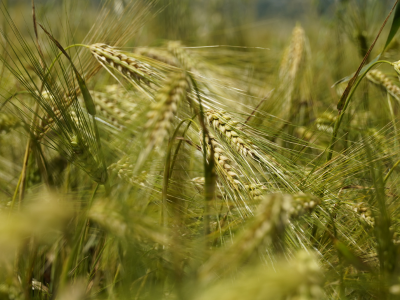
Turkmenistan advances resilience in cotton production and pest management in cereal crops
11/04/2025
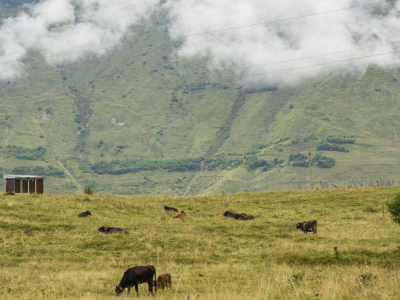
FAO takes lead coordination role for the One Health approach in Europe and Central Asia
11/04/2025
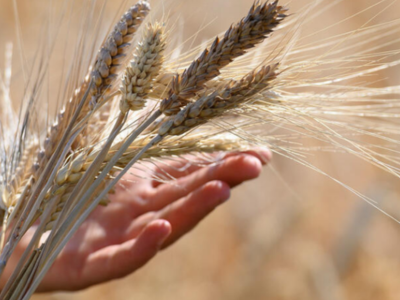
New FAO report demonstrates value of sustainable bioeconomy in Eastern Europe and Central Asia
10/04/2025
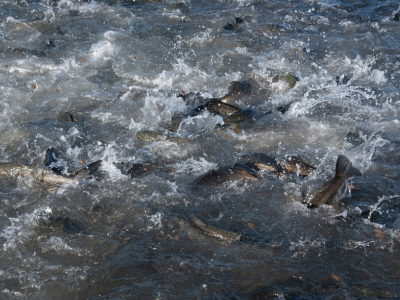
Just keep swimming: FAO works to mitigate climate change on inland aquatic resources and fisheries in Europe
07/04/2025
Inland capture fisheries play a vital role in supporting households, economies and cultures across Europe, through both commercial and recreational fishing. According to capture and landing statistics reported to the Food and Agriculture Organization of the United Nations (FAO), the total production from inland capture fisheries in Europe reached 167 187 tonnes in 2021, accounting for 1.5 percent of total global production, making this sector highly important for the region. Yet, climate change poses several challenges to the survival of fish species across Europe. It creates significant and often unpredictable impacts on inland fisheries, and it can be an exacerbating factor for other stressors. Foreseeably, this will lead to shifts in freshwater habitats which are mainly expected to be unfavourable for inland fisheries.
